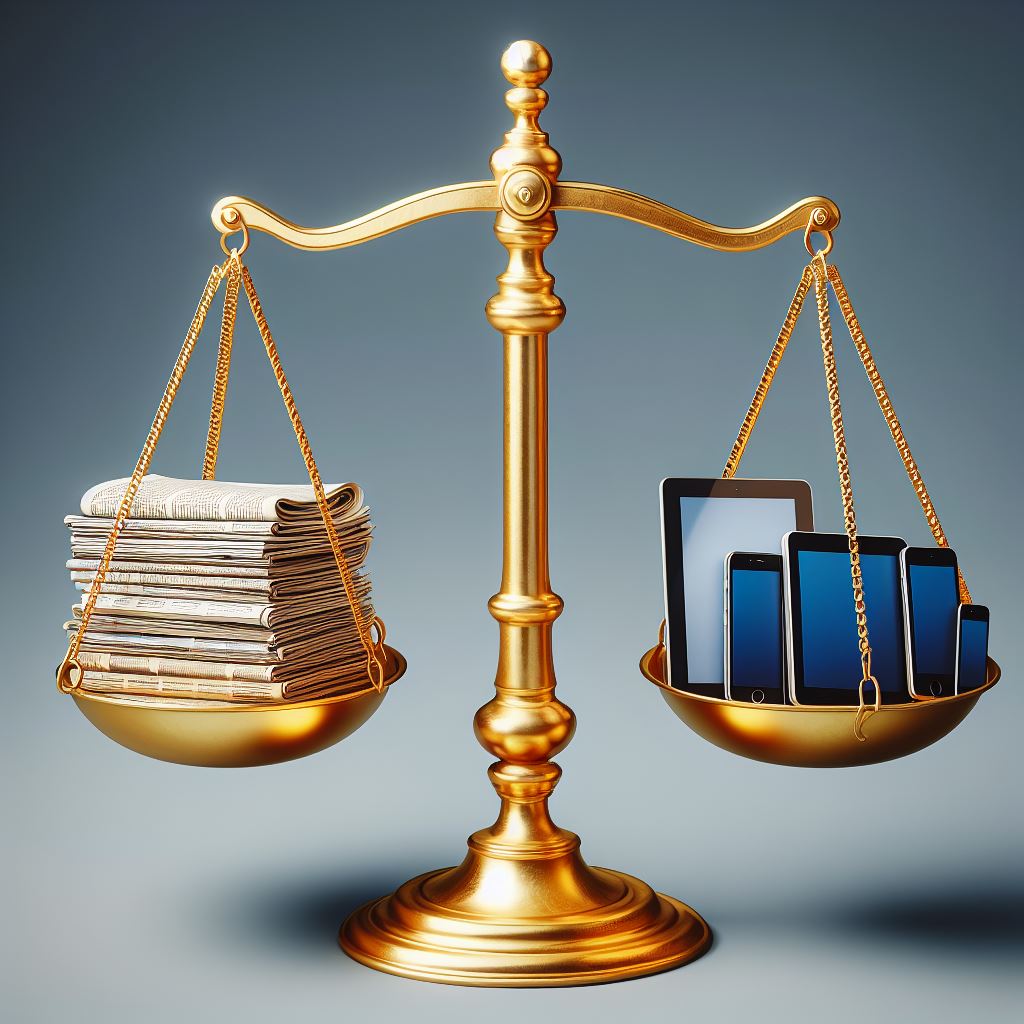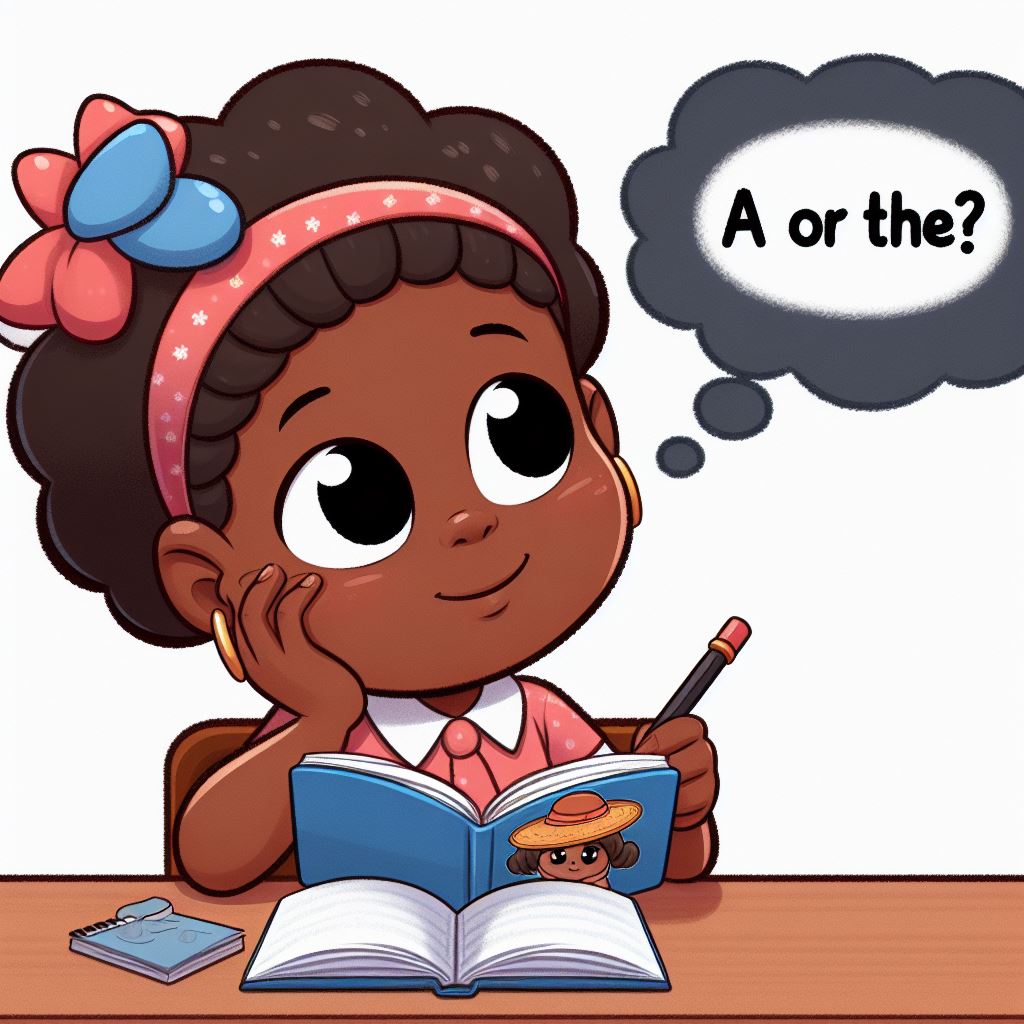Explore the vital role of articles in English language usage with English Teacher KBob. Learn how articles function to convey meaning and clarity in communication
I’m going to lay down the groundwork for you on what articles in the English language are all about.
At their core, articles are like signposts—they help the reader to understand if we’re talking about something specific or something more general. Think of them as the small but mighty words that point your reader in the right direction.

Now what is the difference between ‘the’, ‘a’, and ‘an’? ‘The’ is called the definite article, because it’s used to indicate that we’re talking about a particular item, one that both the speaker and listener are familiar with.
On the other hand, ‘a’ and ‘an’, our indefinite articles, introduce something that is one of many, or not previously known to the listener or reader.
If you’re wondering why articles are so important, it’s because they play a crucial role in the structure and comprehension of our sentences. They give cues about which nouns are important and how they relate to other elements. Without articles, English sentences can sound disjointed and lack clarity.
In essence, articles help your sentences flow more smoothly, making your writing easier to follow—which, honestly, is what we all want, right? Now, as we shift gears into common rules and exceptions in article usage, you’re going to find out just how complex these small words can be and why they can cause quite a bit of confusion.
Navigating Article Usage: Common Rules and Exceptions
You’re going to find out about the golden rules for using articles ‘the’, ‘a’, and ‘an’ in English. Let’s start with the definite article ‘the’. We use ‘the’ when talking about a specific item that both the speaker and listener are familiar with. For example, if I say, ‘Pass me the salt’, I’m referring to a specific salt shaker that we both know.

Now, you use ‘a’ or ‘an’ when discussing something more general or when it’s the first reference to something. ‘A’ precedes words that begin with a consonant sound (not necessarily a consonant), while ‘an’ fits snugly before words with a vowel sound (not necessarily a vowel). Imagine you’re at a party and you tell a friend, ‘I just met an investor’. The use of ‘an’ tells your friend that you met any investor, not a specific one they’re aware of.
This isn’t just about following rules; there are exceptions. For instance, we drop articles for uncountable nouns or when talking about things in general. You’d say, ‘She seeks knowledge’, not ‘the knowledge’, unless referring to a specific type or body of knowledge.
Articles are also absent in some fixed phrases and idiomatic expressions. You might have heard someone say, ‘He’s at school’ or ‘She’s in pain’. These phrases don’t take articles in typical usage, and well, that’s just how the cookie crumbles sometimes.
So, articles help shape the meaning and clarity of your sentences. But, as we will see in the next section, they also have the power to alter the meaning entirely.
This subtle influence extends to the perceived formality of your speech, the accuracy of the information you’re trying to convey, and the nuances of complex English grammar.
The Subtle Influence of Articles on Meaning
Changing the article before a noun might seem like a minor tweak, but it can alter the entire meaning of a sentence. Take, for example, ‘I saw a bear in the woods’ versus ‘I saw the bear in the woods’.
In the first instance, you’re speaking about any bear, but in the second, you’re referring to a specific bear, known to both the speaker and listener. This subtle shift changes the narrative significantly.

While proper nouns typically don’t pair with articles, there are exceptions. Think about ‘the Amazon’ versus ‘Amazon’. With ‘the’, we’re discussing the river or rainforest; without it, we’re likely referring to the e-commerce giant. Here, articles help distinguish between a geographical feature and a company name.
For English learners, articles can be a source of confusion, leading to common blunders that can twist the meaning or sound unnatural. A sentence like ‘She is a good person’ becomes peculiar if written as ‘She is the good person’, suggesting that she is the only good person in existence.
It’s essential for learners to grasp these nuances to convey their intended message correctly.
Strategic article use can sharpen your writing and speaking, adding clarity and precision. Thoughtful choice of ‘a’, ‘an’, or ‘the’ can guide the reader or listener through the specificity or generality of your statements, ensuring the information is communicated as intended.
Best Practices and Tips for Mastering Article Usage
Mastering the use of articles in English can be tricky, but with the right approach, it’s definitely achievable. Remember, articles play a crucial role in ensuring that your writing is clear and precise. So, I’m going to share a handful of strategies you can use to sharpen your skills.

First, pay attention to the context. Articles often depend on whether you’re introducing new information or talking about something familiar to your audience. Choose something that you can relate to—a useful trick might be to read aloud and listen if the sentence flows better with ‘a’, ‘an’, or ‘the’.
Using language learning apps or websites that focus on English grammar can offer guided practice, which is incredibly beneficial. Integrating these digital resources into your daily routine can make a significant difference over time.
Furthermore, practice makes perfect. Try writing down new words with their appropriate articles, and revise them periodically. Engage in conversations with native speakers if possible, as this real-world practice is invaluable.
Another practical tip is to immerse yourself in English through reading a variety of materials, such as books, articles, and news reports. Pay special attention to the use of articles and note any patterns or rules that seem to emerge.
Lastly, don’t stress over the occasional slip-up. Learning a language is a process, and every mistake is an opportunity to improve. I really hope that these insights will aid you in navigating the complexities of article usage with greater confidence and skill. Stick with it, and soon enough, you’ll find that using articles correctly will become second nature.
Leave comments and questions in the comments section below. I will promptly reply.


English they say is a very difficult language to learn as there are so many rules involved and sometimes for people who speak other languages it simply does not make any sense.
Your blog is a really helpful resource for anybody learning English, as it offers help in a clear and easy to understand way, and the illustrations make it easier to remember what you are learning.
You are right that it takes lots of practice to write articles, and practise does make perfect, even when you are English speaking. Writing articles as often as you can will enable you to see improvements over time. I have proved this to myself when I read back over past articles I have written.
Hi Michel, thanks for your comments. I think you may have missed the point about articles. There are three articles: A, an, the. They are a special type of adjective.
Leave somments and questions here anytime. I will promptly reply.
KBob